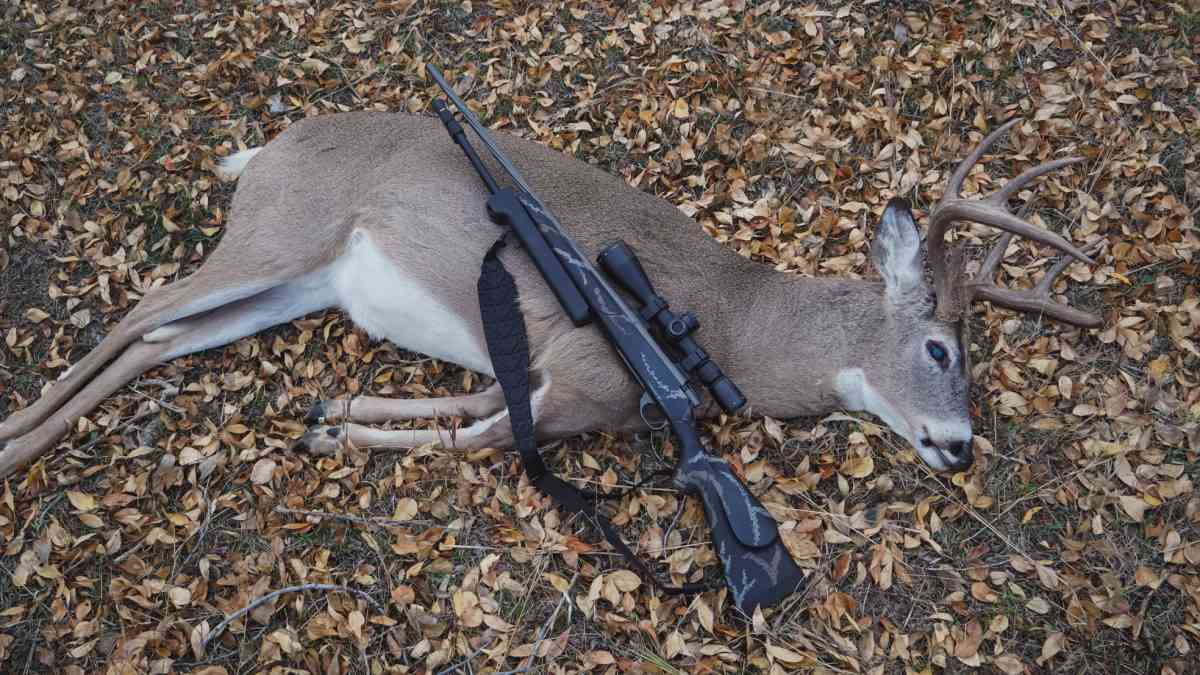
The recent ‘flooding’ of the media and British House Lords with the truths about international hunting benefits not only caused a rethink on the UK trophy hunting imports ban Bill but can also eventually collapse the dishonest force behind it – the animal rights groups fundraising industry NGOs.
When people know that they have been cheated they abandon the cheaters. Meanwhile it’s encouraging to note that unlike the animal rights groups fundraising industry NGOs influenced British parliamentarians who senselessly fast-tracked the Bill, the House of Lords brought it to a screeching halt.
They want to review it at committee stage where it is now.
The want to make sure that if ever the Bill gets passed; it would allow hunting trophies imports from countries where international hunting benefits wildlife and habitat conservation. That decision alone should boost wildlife-rich Africa’s confidence in the British Government.
The 21 st century Westerners and their governments can’t continue to be misled by eco-colonialist animal rights groups NGOs who use African wildlife to tell lies that it is being harmed by international hunting.
Yet, international hunting revenue is bringing never-seen-before large sums of money that hunting communities use to support wildlife, habitat conservation and socio-economic development.
Led by the animal rights groups, the anti-international hunting movement, tells the ignorant and innocent public worldwide, to continue donating money ‘so that we can stop hunting.’
They then corruptly fill their pockets with anti-international anti-hunting donations that are not used to conserve wildlife but to pay their big salaries. The love themselves, not African wildlife and people.
This year the Botswana hunting communities said that international hunting is the biggest industry that they have ever known in the 21 st century.
It is not common in Africa that a rural community receives almost US$1 million annually and uses it for wildlife and habitat conservation, including socio-economic development as it wishes. But in Botswana it’s now common. Go there and see for yourself.
This month the animal rights fundraising industry suffered a ‘mortal stab’ right into their anti-hunting lies, when the woman who manages the world’s biggest elephant population, Botswana Environment and Tourism Minister, Ms Philda Kereng, truthfully spoke on British soil that far from the lies told to demonise international hunting, it actually promotes both wildlife conservation and socioeconomic development in wildlife-rich Southern Africa, including her country.
“I understand why you Brits don't like trophy hunting,” said Minister Kereng. “But it is helped Botswana sustain the world's biggest elephant herd.”
It was out of great concern about the harm that the British Government’s hunting trophies import ban Bill would cause to the world’s biggest elephant herd which made Minister Kereng travel to the UK this month. If passed without amending it in its current worldwide hunting trophies imports blanket ban approach, the Bill is going to harm not only to elephants but also other iconic African wild animals such as rhinos, lions, buffaloes, leopards and giraffes.
Without benefits from international hunting the Southern African hunting communities would not see the need to protect these species. They would predictably destroy them through collaborating with poaching syndicates to kill them in exchange for cash handouts.
“I travelled to London to highlight the terrible impact this Bill would have on conservation efforts, not only in my country but in other African nations as well,” said Minister Kereng.
This makes the British trophy hunting imports ban Bill a test case to determine whether we are now in a 21 st century world where Western governments such as the British Government no longer listen to the truth and would rather listen to lies of the animal rights fundraising NGOs in exchange for political votes from the millions of animal rights groups followers, come election time.
Which begs the question, have the British politicians and government run out of ideas by focusing on international hunting in Africa and elsewhere, instead of addressing bread and butter issues in their own country so that the public can vote for them?
“Hunting revenue has connected villages to clean water and electricity, built roads and schools, founded businesses and helped struggling families,” said Minister Philda revealing international hunting benefits truths that could get animal rights groups fundraising NGOs arrested for lies they tell the British Government about international hunting, in order to demonise it.
“It [international hunting] has also created watering holes for animals that lie safely beyond village boundaries, and created animal-proof censors that can alert villagers if wildlife is close.”
Elsewhere, a university graduate and member of the Botswana Ngamiland hunting community and co-ordinator of the Trust for Okavango and Cultural Development Initiatives, Gakemotho Satau, said his true observation over the years, was that international hunting was the biggest economic activity in Botswana’s hunting communities.
“Therefore, if international hunting is banned, communities will lose revenue streams, jobs, and wildlife poaching would start, revenge killings of wildlife will happen, and poverty gaps will increase,” he said.
The lies of animal rights groups that international hunting harms wildlife are discredited by the Southern African hunting countries’ huge wildlife populations. They have the world’s biggest elephant, rhino, lion, buffalo, leopard, hippo and giraffe populations. This makes the pro-international-hunting Southern African countries the best wildlife conservationists in the world
- Koro is a Johannesburg-based international award-winningenvironmental journalist who writes independently on environmental and developmental issues in Africa.






